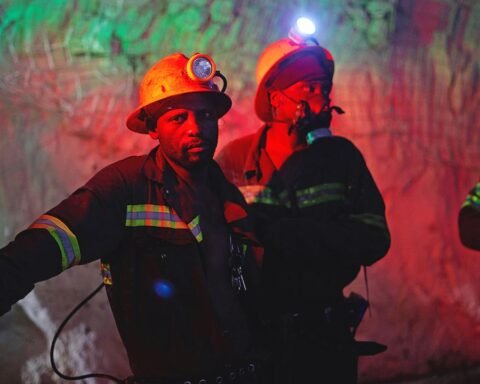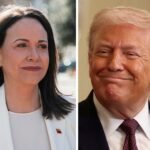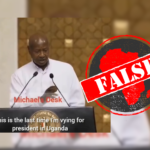The Catholic Church in Tanzania has drawn a clear line between the pulpit and the political stage, declaring that no priest, nun, seminarian, or church leader may take part in election campaigns or openly align with a political party.
The announcement was delivered during the centenary mass of the historic Kipalapala Major Seminary in Tabora. In his address, the President of the Tanzania Episcopal Conference, Wolfgang Pisa, underscored the need for the Church to remain above partisan divisions as the country heads into a heated election season.
“We must protect the dignity and mission of the Church. Our role is spiritual leadership, not political campaigning,” he said firmly, urging clergy and seminarians to focus on their pastoral responsibilities and avoid actions that might suggest political endorsement.
The directive comes just weeks before Tanzania’s general election, scheduled for October 2025. With campaign activity intensifying nationwide, church leaders have expressed concern that political involvement by clergy risks undermining both the credibility of the Church and the unity of its congregations.
The order bars religious leaders from attending campaign rallies, wearing party symbols, or using church platforms to promote candidates. Seminarians, often seen as future leaders of the Church, were specifically reminded to avoid gestures, attire, or language that could be interpreted as partisan.
Also Read; Tanzania Struggles to Cut Poverty Despite Growth
While the statement has been praised by some believers who see it as a safeguard for the Church’s integrity, others worry that the line between personal civic rights and institutional neutrality may be difficult to enforce. After all, many parishes across the country are deeply woven into local communities, where politics is often part of daily life.
Political analysts say the ban could have ripple effects on how campaigns are conducted. In Tanzania, churches and other religious institutions often serve as gathering points, and their leaders hold moral authority that can influence voters. By pulling clergy out of political spaces, the Church is signaling its determination to keep sacred spaces free from partisan rivalry.
The centenary of Kipalapala Seminary was not only a celebration of tradition but also a moment of reflection. For many in attendance, the announcement felt like a reminder of the Church’s enduring role as a moral compass in times of social and political change.







